How We Learn
What Makes Our School Unique?
The Socratic Approach to Teaching and Learning
We all know that the 21st century will continue to value creative thinking, deep understanding, and problem solving. Our teachers create classroom environments where questions and strategies for understanding outweigh facts and answers:
Differentiated Instruction
Each child needs different emotional and intellectual “vitamins and nutrients.” In each classroom, through differentiation, we strive to have each student work in their "Zone of Proximal Development"—the territory between what a learner can do without help and what they can do only with help.
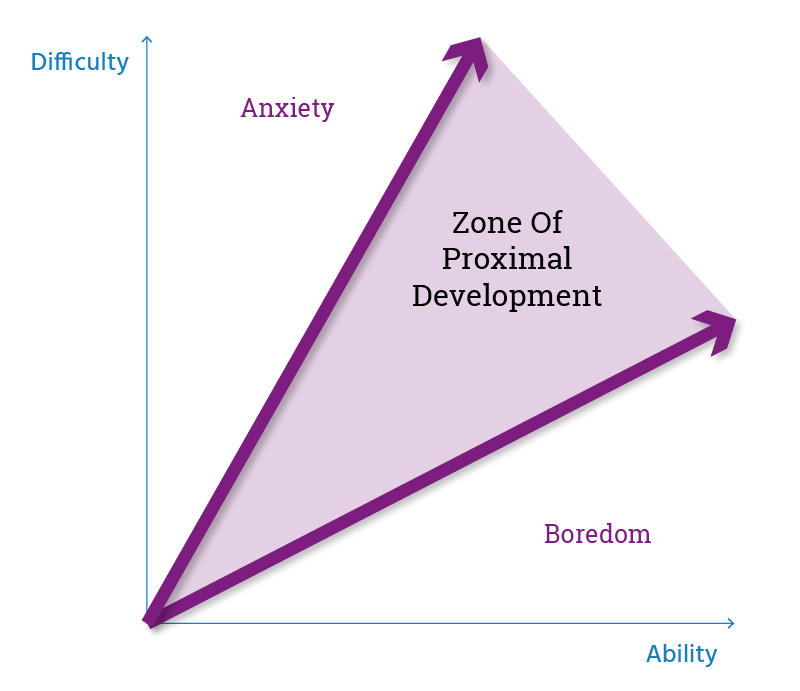
Student Support Services
We have a diversity of learners, learning styles, and academic achievement at Black Pine Circle School. We strive for students to grow, every day, through our focus on differentiated instruction as well as student support services for those who have needs in remediation, acceleration, or social and emotional support. Guided by the philosophy of zones of proximal development, student support services use strategies and interventions to meet students where they are and give them what they need to thrive. Additionally, our faculty and staff guide students forward in all areas of learning as they work towards subject mastery and personal growth.
Our on-site student support services team includes counselors and learning specialists who partner with families, as needed, to help children work through challenges that may impact social and academic potential. The team also consults with our teachers to help students who are moving through the curriculum and need additional scaffolding in order to keep them in their zone of proximal development.
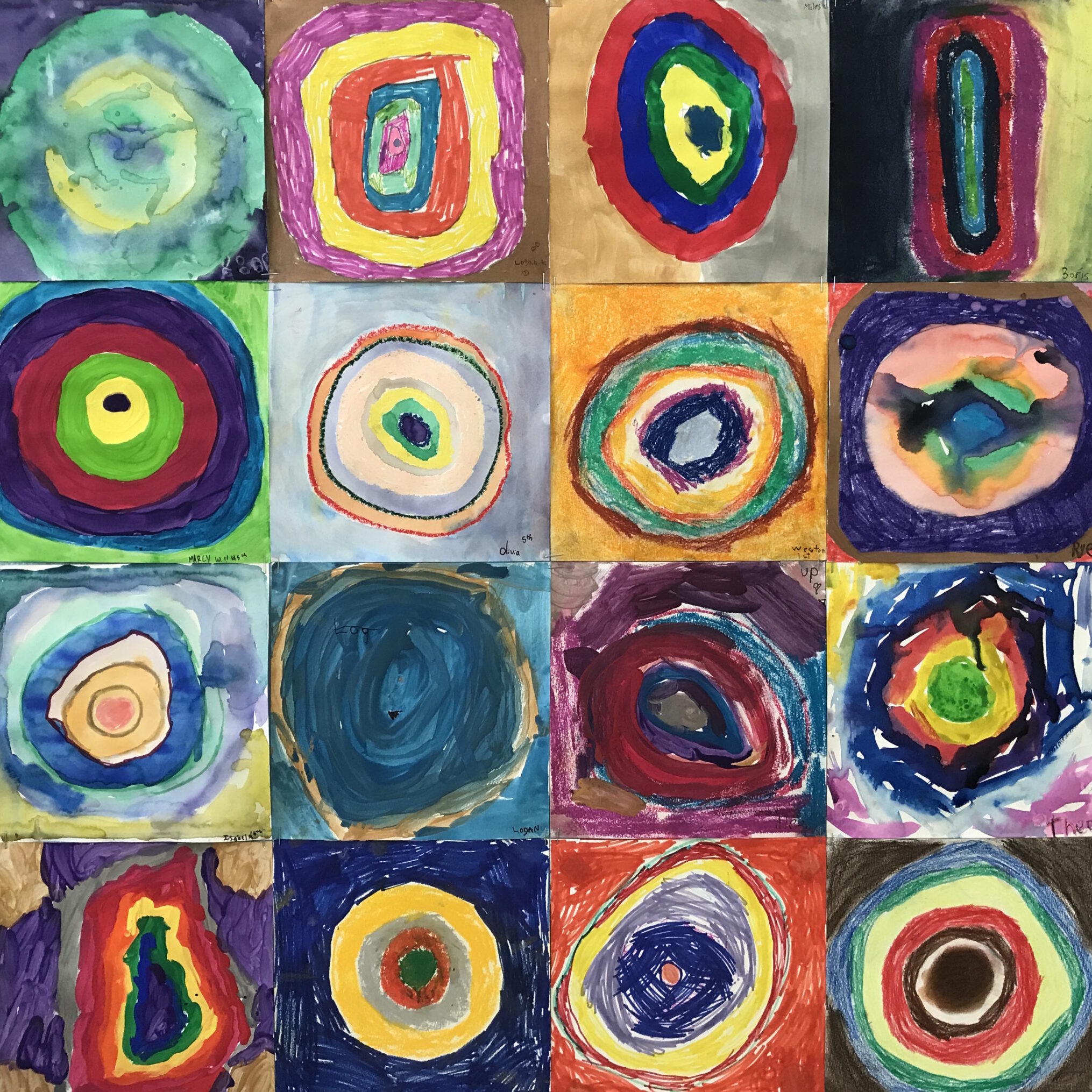

Committed to Diversity, Equity, & Inclusion
Since our founding in 1973, our community has been committed to serving all students and families, regardless of their race, sexual orientation, gender, ability, age, nationality, or religion. It’s a priority for us to prepare students to collaborate and thrive in a diverse world. Our graduates understand systems of inequity and what it means to be an agent of change. And we continue to make measurable positive movement in serving a population of families and educators who are representative of our richly diverse East Bay demography.
Our thoughtful approach to diversity, equity, and inclusivity manifests in many ways:
So, how diverse are we?
who identify as people of color
who identify as people of color
who identify as people of color
born outside the US
in the student body
percent of families
all data as of Sept 2022

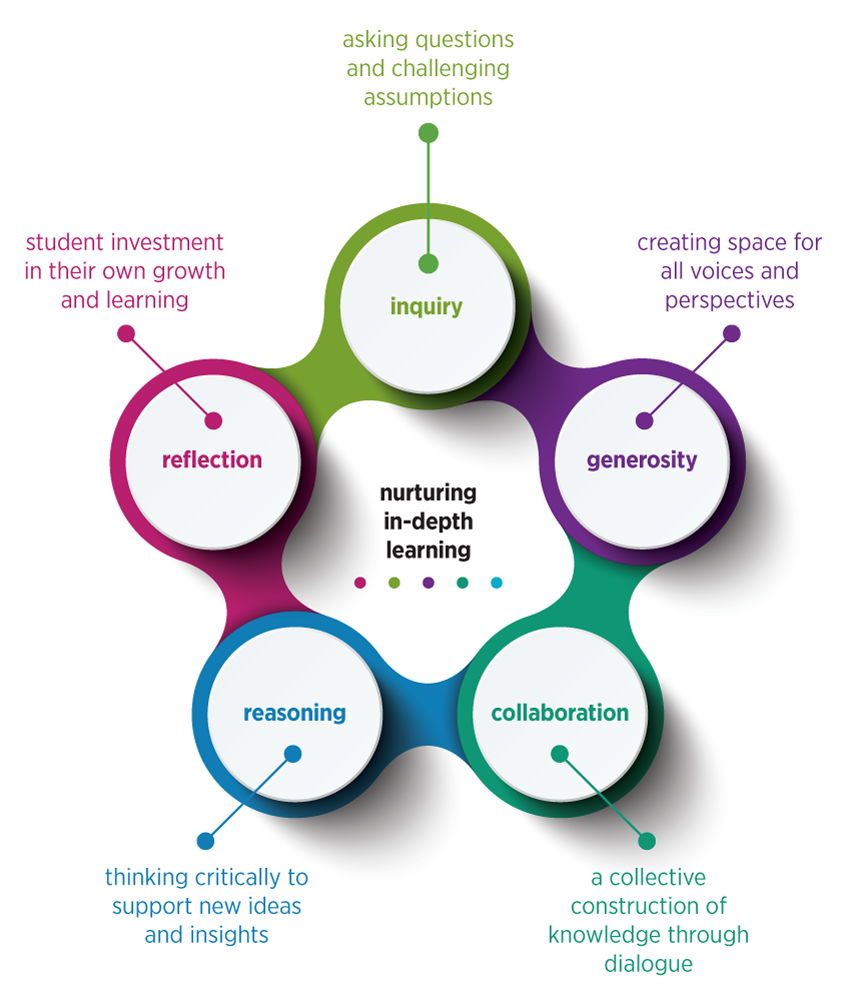





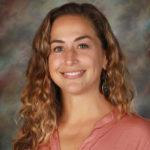
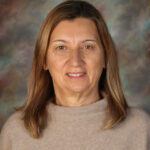
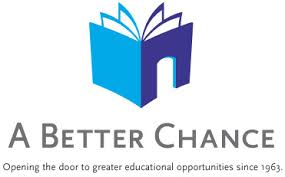


Social & Emotional Learning
Skills for Success
Employers the world over recognize that empathy, resilience, and a growth mindset are essential for collaborative work. They rank these skills as more important than content knowledge. But it’s not either/or: studies show that social and emotional competence are highly correlated with academic success.
Goodness & Knowledge
We support students to be socially cognizant, self-aware individuals who understand the importance of goodness and knowledge, as highlighted in the school’s mission. Our upper school hosts a Black Student Union, an Asian Student Union, a Queer Student Alliance, and a Student Council which often explore topics relevant to social and emotional development and identity in middle school. Weekly town hall meetings, advisory, and parent-student-teacher conferences bolster these social and emotional touchpoints.
At Black Pine Circle, our faculty implement important SEL programs to address student social and emotional growth and development. Our faculty emphasize personal reflection, establishing the foundation for a child to develop skills for empathetic reasoning, problem solving, and conflict resolution.
At the upper school, student advisory is a place for students to build community, develop a strong sense of belonging, and learn essential social and emotional skills through Second Step. At the lower school daily morning meetings, positive teacher language, and ensuring opportunities for students to make proactive choices in their learning are key elements of Responsive Classroom methodology. Responsive Classroom, a research- and evidence-based approach to elementary education, reinforces a harmonious and safe learning environment, achieves greater teacher effectiveness, and supports student achievement. To prioritize social and emotional learning, we have also adopted Kimochis (K-3) and Second Step (4-8), two comprehensive SEL programs to teach kids how to manage feelings, build emotional awareness and literacy, and develop strong relationship and friendship building skills. Both SEL programs are aligned with the five core social and emotional learning competencies developed by Collaborative for Academic, Social, and Emotional Learning (CASEL): self awareness, self management, social awareness, relationship skills, and responsible decision making. Our teachers also guide students through role plays of common dilemmas faced on the playground and in the classroom.
Our lower school cross-grade buddy program allows students the opportunity to be a ‘big sister’ or ‘brother’ to a younger child, promoting a sense of family across our cozy campus. For example, third graders are paired up with kindergarten students: throughout the school year, they share craft activities, field trips, and other experiences that facilitate friendship, mentoring, and shared responsibility for the well-being of the community as a whole.
In the Upper School, social and emotional learning is woven into everyday school life, since we know that the most valuable lessons occur both inside and outside of the classroom. We also schedule advisory meetings three times a week, where a teacher assumes the role of mentor, advisor, and advocate to small gender-mixed groups of students. The faculty advisor oversees each child’s academic, social, and emotional growth and encourages students to set goals and reflect on their progress. They also serve as the primary point of communication for the family.
The role of advisory is to build community, create a sense of belonging, and implement important social emotional learning skills. Our advisory curriculum is derived from Second Step, an evidenced-based social emotional learning program that focuses on CASEL’s five core competencies: self awareness, self management, social awareness, relationship skills, and responsible decision making.
Second Step® Middle School helps students build emotional literacy, learn how to set goals and follow through on good decisions, develop skills to resolve conflicts, and establish strong friendships. The Second Step curriculum focuses on the following areas of social and emotional learning:
Additionally, each grade explores topics most germane to navigating middle school life and adolescence: identity, relationships, change, healthy body image, compassion, bully-proofing, internet safety, and cultivating happiness. A one-week, age-appropriate unit on puberty and sex education is taught each year by nationally renowned educator and specialist, Ivy Chen.
Sixth grade advisory focuses on study skills and the transition from elementary to middle school. Seventh grade advisory takes a strengths-based approach to stress management and investigates what intellectual and social growth each student wishes to strive for. Eighth grade advisory focuses on friendship scenarios, body image, and their leadership role among students.
Each grade comes together regularly as an entire class cohort to explore topics most germane to navigating middle school life and adolescence: identity, relationships, change, healthy body image, compassion, bully-proofing, internet safety, and cultivating happiness. A one-week, age appropriate unit on puberty and sex education is taught each year by nationally renowned educator and specialist, Ivy Chen.